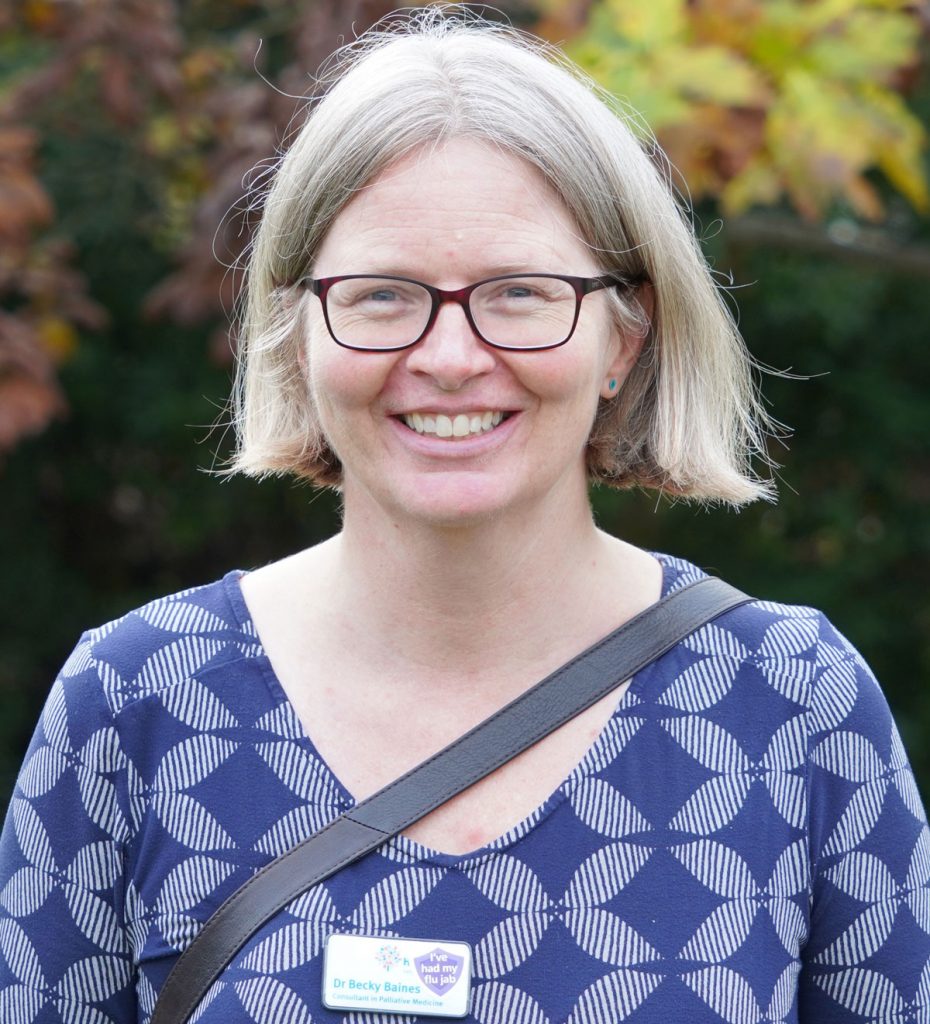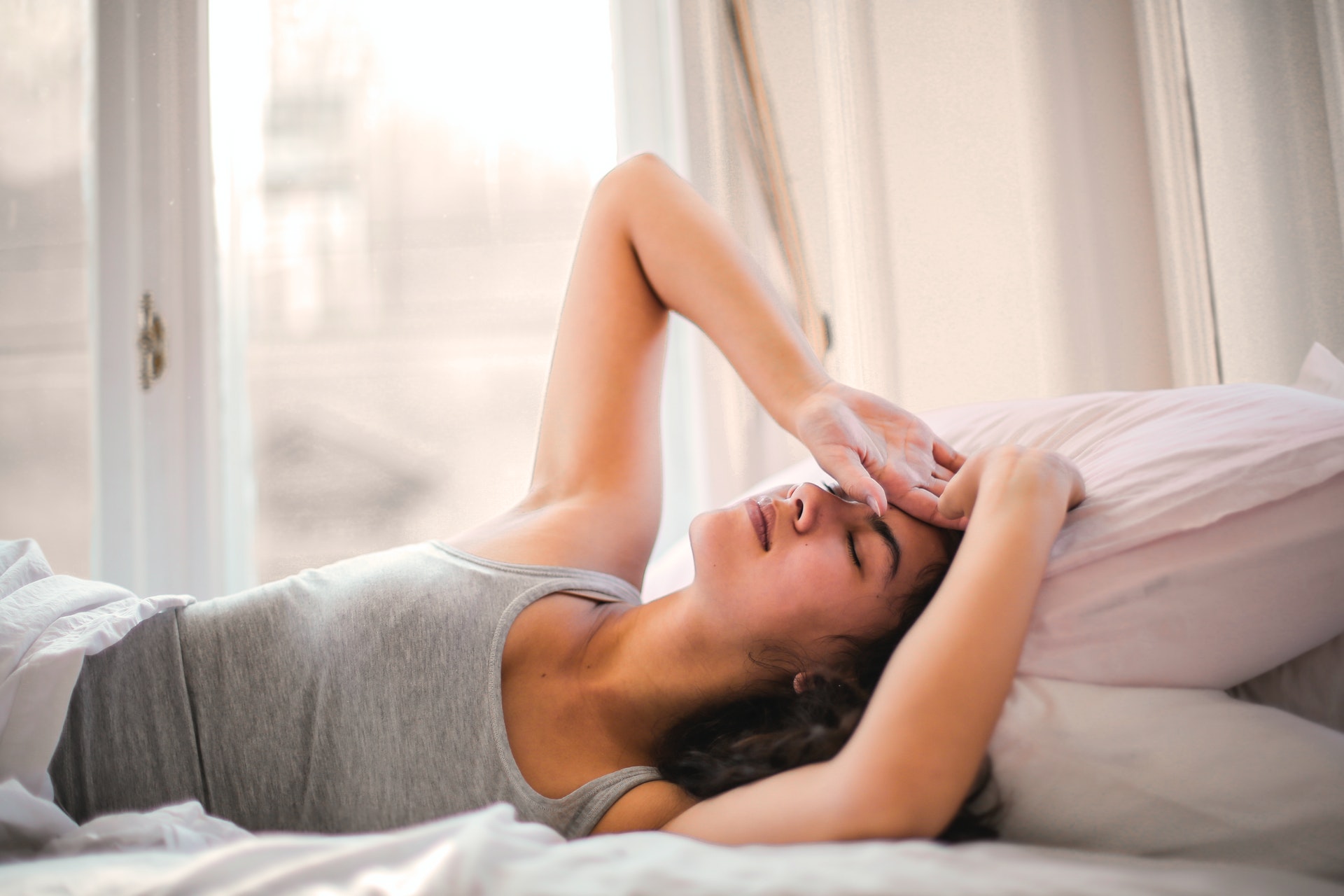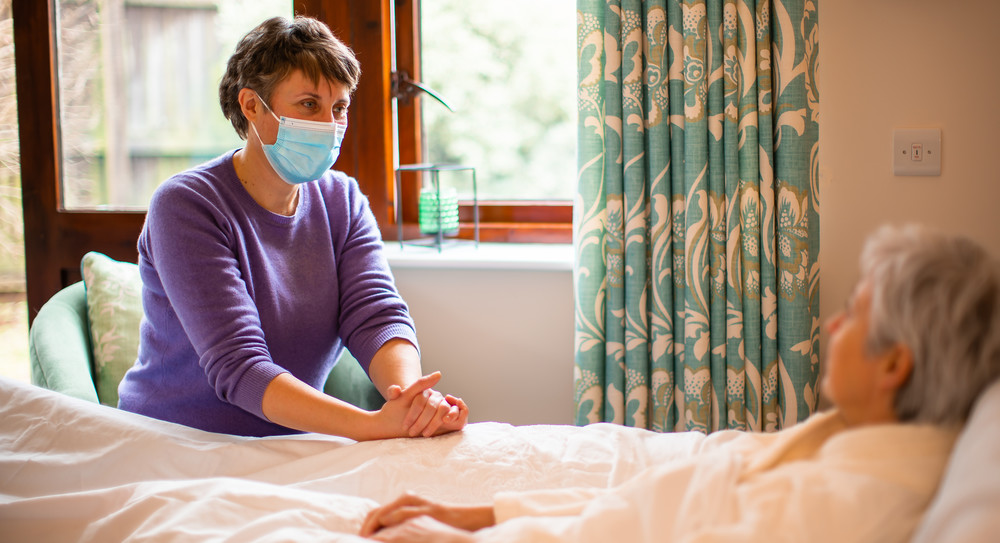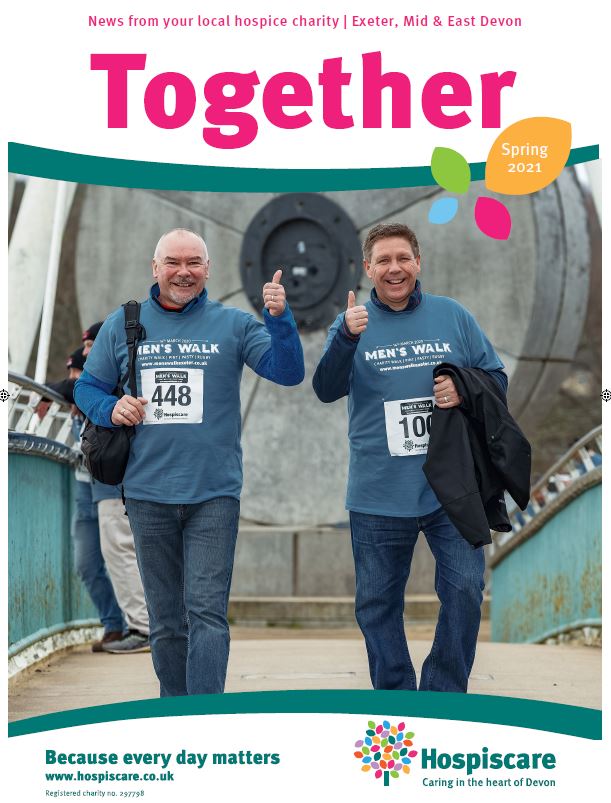
Dr Becky Baines answers your questions
I’m sleeping really badly – have you got any tips to help me sleep?
Difficulty sleeping is a really common problem and many people can have short-term difficulty sleeping when they are going through times of change or stress. There are several things to try that might help:
Limit evening screen time
More of us use smartphones and tablets to watch TV or chat to our friends at night. The blue light from these screens fools our brains into thinking that it is daytime, so it’s really helpful to switch off electronic devices at least two hours before bed.
Create a bedtime and wake-up routine
Try to keep your bedtime consistent and set yourself ‘wind down time’ a few hours before you go to sleep. During this time, you might have a warm shower or bath or drink a milky drink. It’s also really important to have a dark bedroom with black-out blinds or curtains if you can. At the beginning of the day, try to wake up at a similar time. You can feel groggy and jet-lagged if you lie in for too long at the weekends. It’s also helpful to have some outdoor time in the mornings if possible as natural daylight helps your body’s own sleep rhythms stay more regular.
Tips for getting back to sleep
Many experts suggest getting up and reading if you wake up and can’t get to sleep, rather than tossing and turning. As this might not suit everyone’s sleeping arrangements, you could try listening to music or a soothing podcast or audiobook through headphones. This is also a good distraction if you’re finding it hard to ‘switch your brain off’.
Further help and advice
There are lots of books and podcasts that have more detailed advice and I would recommend Dr Rangan Chatterjee’s podcast and website which contains tips and ideas from experts in the field. If you are struggling over a more prolonged period of time, then please remember that your GP can check your physical and emotional health, which sometimes causes sleep disturbance.





